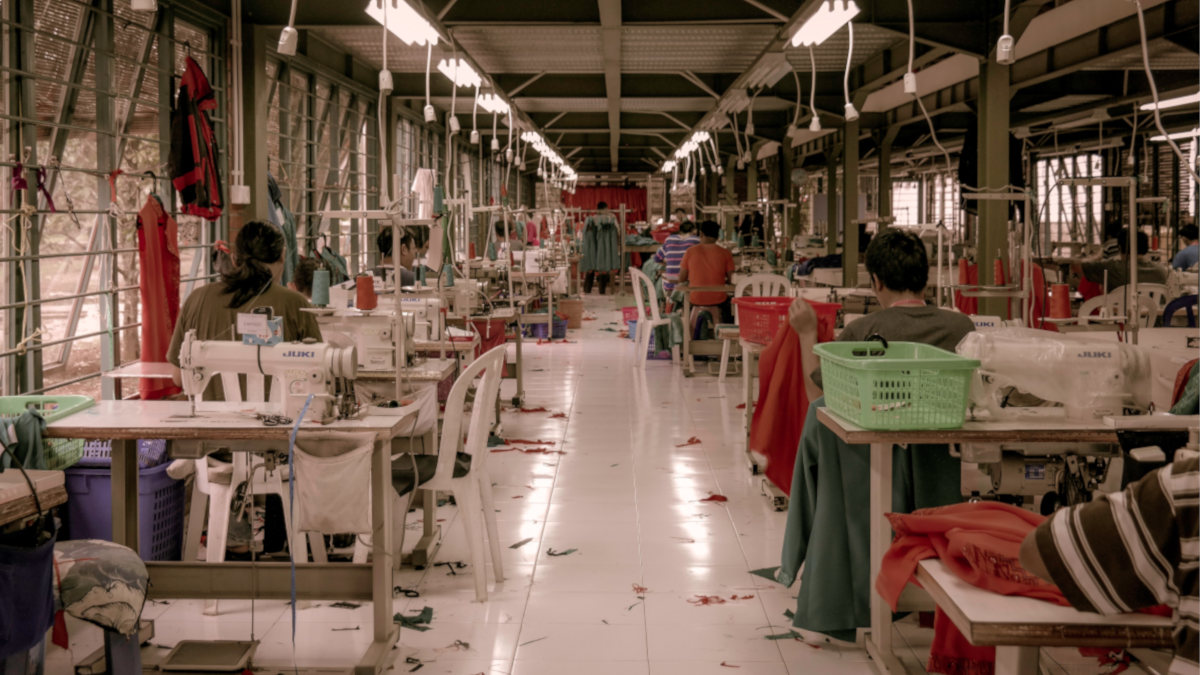Sustainable living has always been an expensive undertaking, but the cost-of-living crisis is making it even more difficult for consumers to put the environment first
Kantar research shows that the majority of people (65%) want to be mindful of the environment, but say the higher prices prevent them from doing so. Despite talk of sustainability moving into the mainstream, sustainable choices are still the reserve of the well-off, with more affordable products in areas like food and fashion almost always the least sustainable.
Supermarkets are now offering more biodegradable, reusable and recyclable packing options and have put more of a focus on sourcing food more sustainably. But these efforts aren’t nearly enough, and a recent study from environmental campaign group Feedback has found that green-washing is still rife in the sector.
Brands in fashion, the second-most polluting industry in the world, are also talking up their sustainability game, but progress has been incredibly slow, and eco-friendly clothing still remains a luxury available only to a few. The environment was dealt a further blow recently with the merger of fast fashion giants Shein and Forever 21, which will expand the reach of both companies.
Brands should not only make it easier and cheaper to shop sustainably, they need to stop shifting the responsibility for tackling this issue on to the consumer
Offering more environmentally-friendly options is not enough. The job of making consumption more sustainable lies with the product producer, not the consumer. Sustainability needs to be integral to a company’s entire operations, so that there is no bad choice for customers to make. If businesses, brands and manufacturers won’t step up, maybe government intervention will speed up progress. Spain, Portugal and Luxembourg are set to follow France in banning 30 fruits and vegetables from being wrapped in plastic packaging. Meanwhile, the EU is planning a raft of sustainable fashion regulations with the potential to overhaul supply chains.
In a more equitable world, the cheaper option would be the more sustainable option, and product pricing would reflect the harm that that product — and its packaging — does to people and the planet.
A German discount supermarket, Penny, recently offered a glimpse of what that world could look like, raising the prices of a selection of its products to reflect their real cost on people’s health and the environment as part of a week-long experiment. A sustainability expert involved in the experiment, Dr Amelie Michalke, said: ‘We hope this will give us a strong impulse to discuss and consider prices for groceries in a way that is user-friendly and fair.‘
Making consumption more equitable for people and the planet shouldn’t be a pipe dream. Businesses can and should do everything in their power to close the sustainability gap.
Featured image: Rio Lecatompessy / Unsplash





























